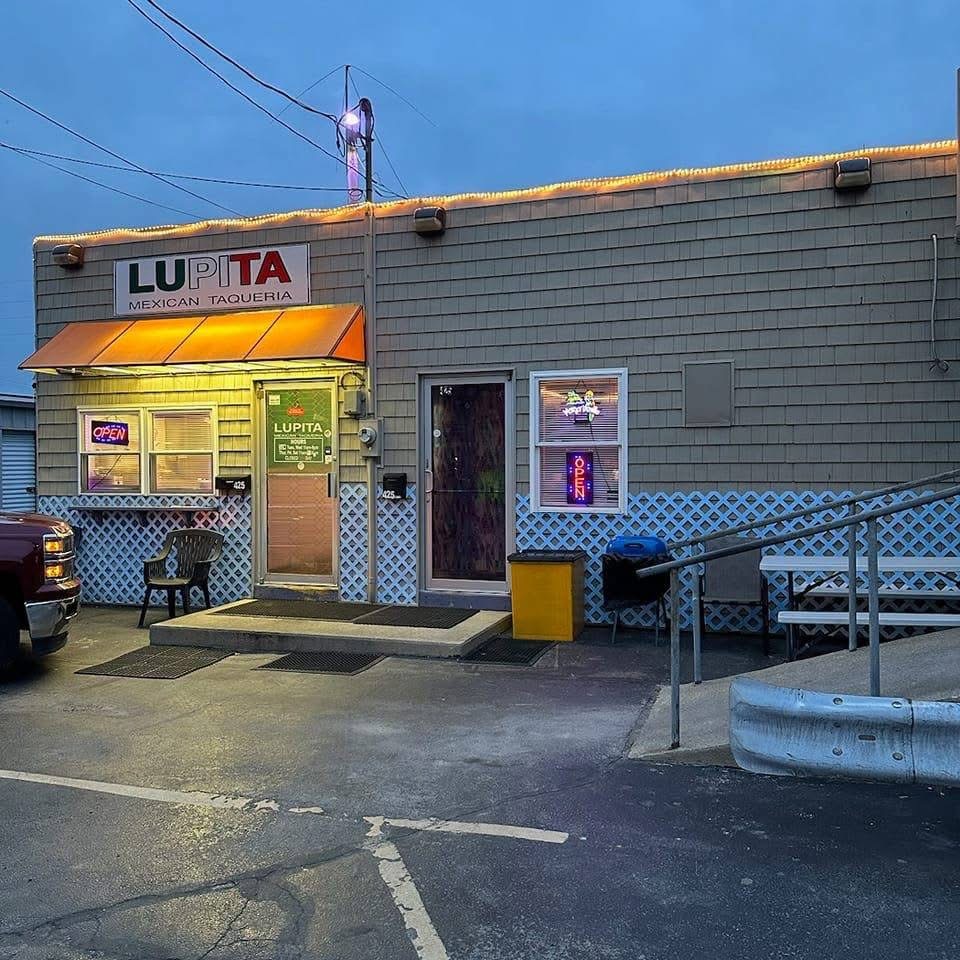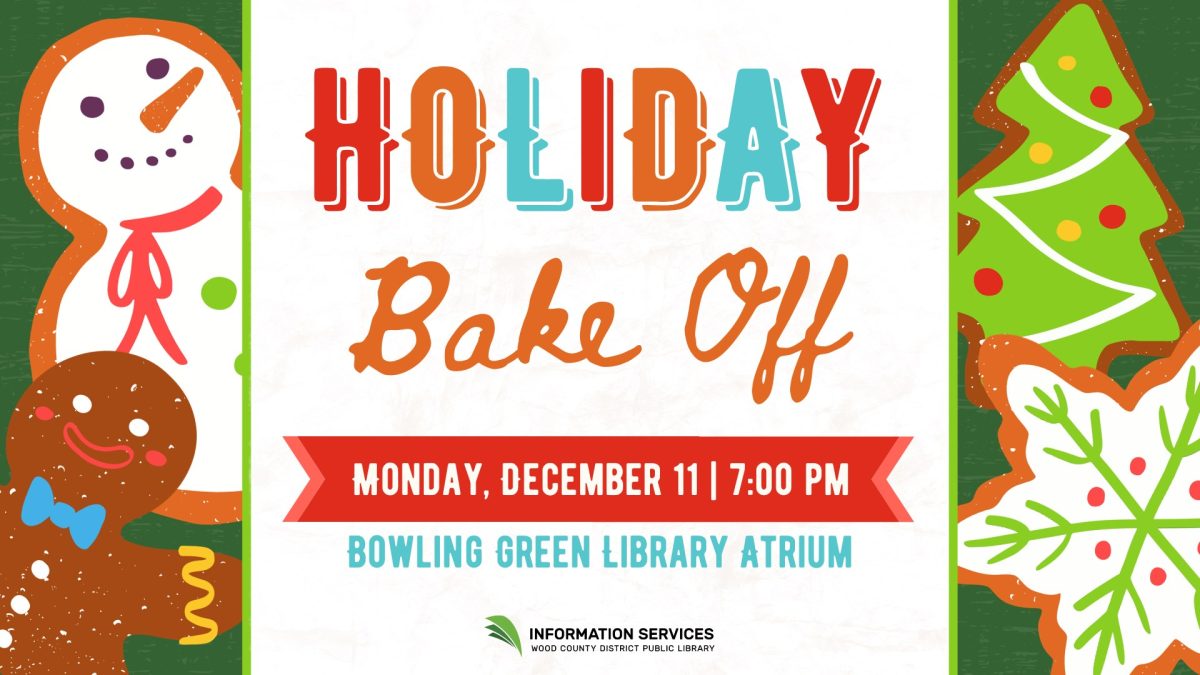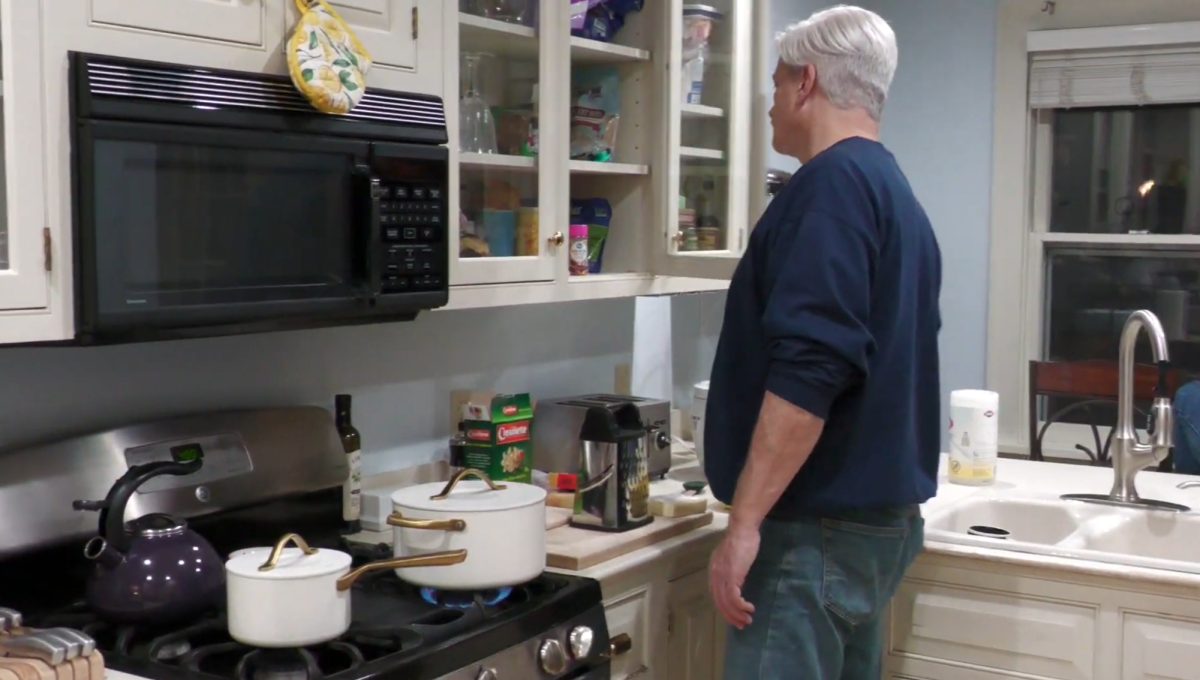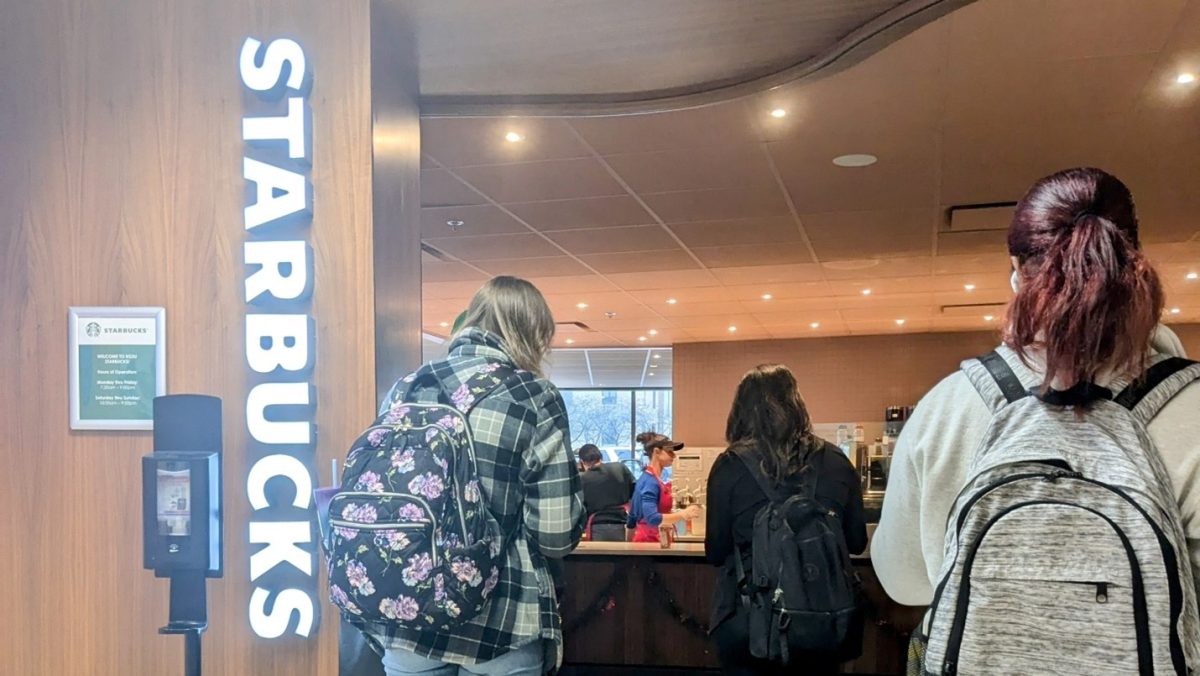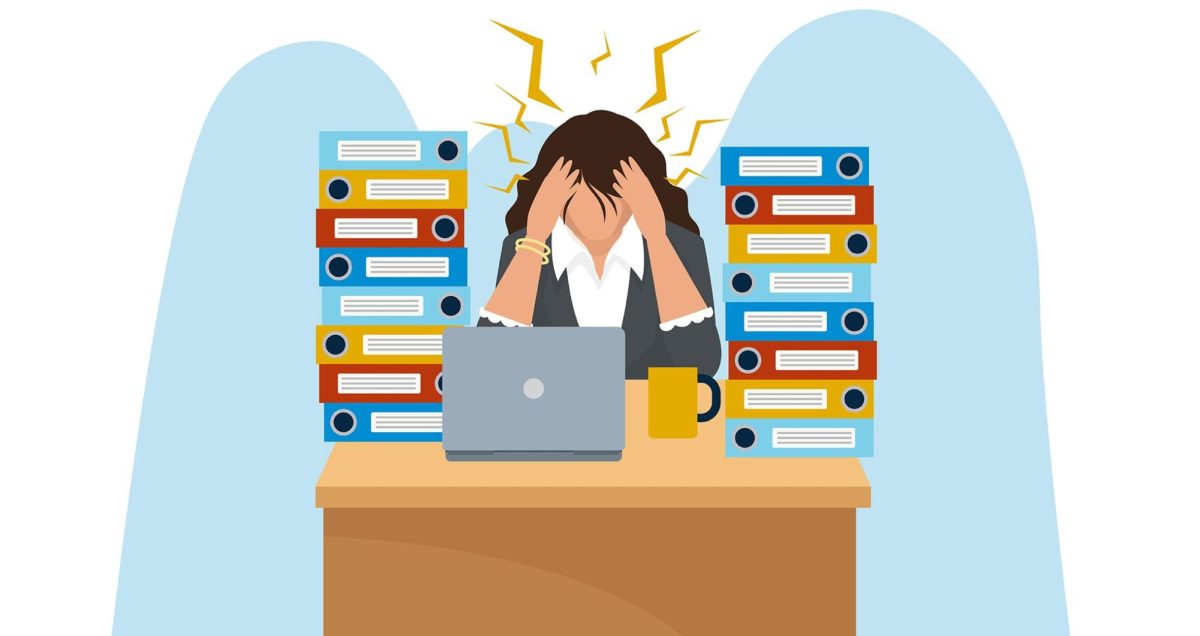Aromatherapy, or the use of essential oils, is becoming more popular with moms and even college students. People with medical issues are also turning to essential oils as alternatives to medications concocted from chemicals that may harm the body.
Essential oils are made from plants and herbs, along with diluents like vegetable and olive oil. According to doTERRA, an essential oil manufacturer, “These naturally occurring, volatile aromatic compounds are found in the seeds, bark, stems, roots, flowers and other parts of plants.”
Amanda McBride, a senior psychology major, is an avid fan of the oils, using the essential oils for problems ranging from sinus pressure to stress and anxiety.
“Anytime I am stuffed up or not feeling the best, I know my peppermint essential oil will work wonders,” she said. “Tea tree oil is really good for anxiety and stress and helps me whenever I am worked up or feeling very stressed out.”
Sophomore middle childhood education major Kenny Sipler, however, said he tried a lavender oil for anxiety and sleep but did not see any effect.
“I don’t really think they work,” Sipler said. “Coming into it, I was doubtful about the results. I don’t think I will try another one because it was a waste.”
Oils can be used as a sedative and for healing wounds. Some also have antibacterial and anti-inflammatory ingredients, like chamomile.
“Although I cannot say there are any large clinical trials to prove medical efficacy, from my 10 and counting years of practice I do feel that essential oils are very helpful with multiple medical issues,” said Heather Haynes, a medical doctor at NOMS Healthcare in Fremont, Ohio.
Many oils are common with patients, including lavender for restful sleep, peppermint for nausea and frankincense for migraines, according to Haynes.
“Oils such as Elevation by doTERRA can be useful to help elevate the mood, particularly during winter months when patients may suffer from seasonal affective disorder or mild depression,” Haynes said. “I have seen several patients use this oil daily and be okay throughout the winter without an antidepressant or in combination with their prescription antidepressant.”
With no research to back up the potency of the oils, associated remedies might be in the user’s head. “It is possible that the mind plays at least some part in feeling better after applying the oils,” Haynes said.
Essential oils do not have the science behind them, but doctors do still recommend using natural and holistic remedies before trying possibly harmful combinations of prescription medication.
“I am always open to patients trying natural remedies first or in combination with prescription medications,” Haynes said. “I think it is important, as a family physician, to be open to the idea of natural remedies since many patients use them anyway.”



